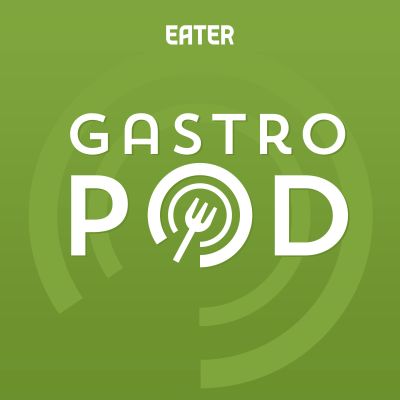Food with a side of science and history. Every other week, co-hosts Cynthia Graber and Nicola Twilley serve up a brand new episode exploring the hidden history and surprising science behind a different food- or farming-related topic, from aquaculture to ancient feasts, from cutlery to chile peppers, and from microbes to Malbec. We interview experts, visit labs, fields, and archaeological digs, and generally have lots of fun while discovering new ways to think about and understand the world through food. Find us online at gastropod.com, follow us on Twitter @gastropodcast, and like us on Facebook at facebook.com/gastropodcast.
https://gastropod.com/
The Whole Hog
Bacon, bratwurst, bangers, barbecue: these are just a few of the many ways people around the world enjoy feasting on pigs. Of all the domesticated animals humans consume, Sus scrofa domesticus is the most fascinating, the most divisive, and, arguably, the most delicious. In this in-depth conversation with author and historian Mark Essig, author of the book Lesser Beasts: A Snout-to-Tail History of the Humble Pig, Gastropod discovers the evolutionary source of the pigs’ intelligence (scientists have judged them the cognitive equal of a human three-year-old), and why the animals’ physiology so closely resembles our own. We also uncover the real reason Jews originally eschewed pork, and how pigs were the essential but forgotten weapon, alongside guns and germs, that allowed the Spanish and English to conquer and colonize the Americas. Plus, we read and review Barry Estabrook’s book, Pig Tales: An Omnivore’s Quest for Sustainable Meat, which picks up the porcine tale in the present, where Mark Essig leaves off. From helicopter hunting to manure spraying and more, join us and pig out!
Learn more about your ad choices. Visit podcastchoices.com/adchoices
